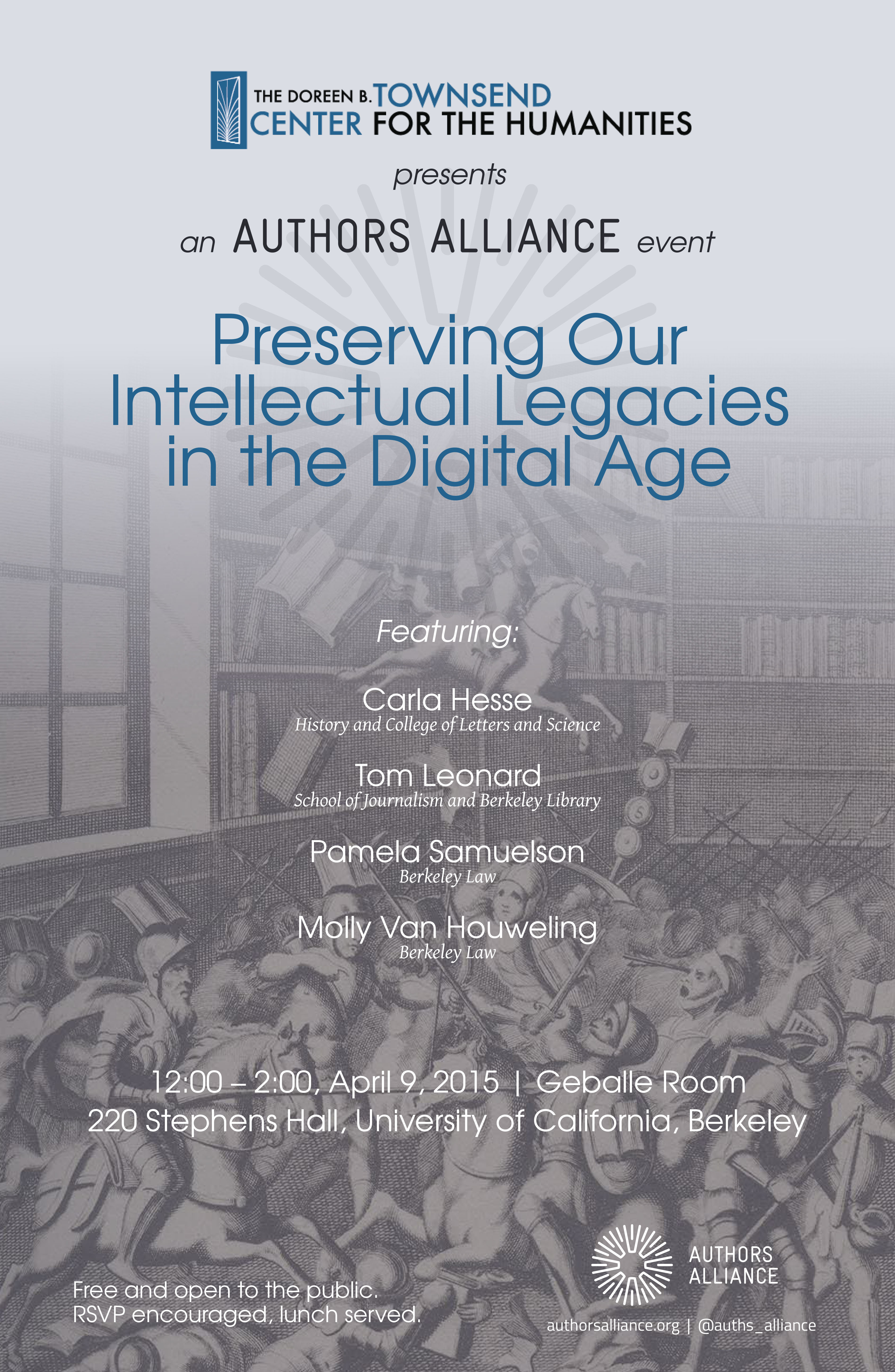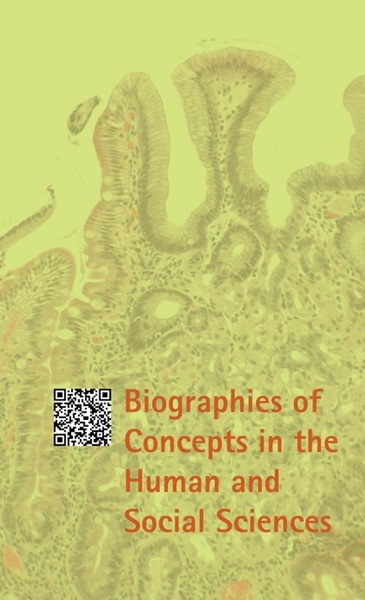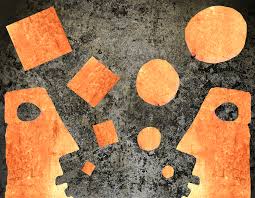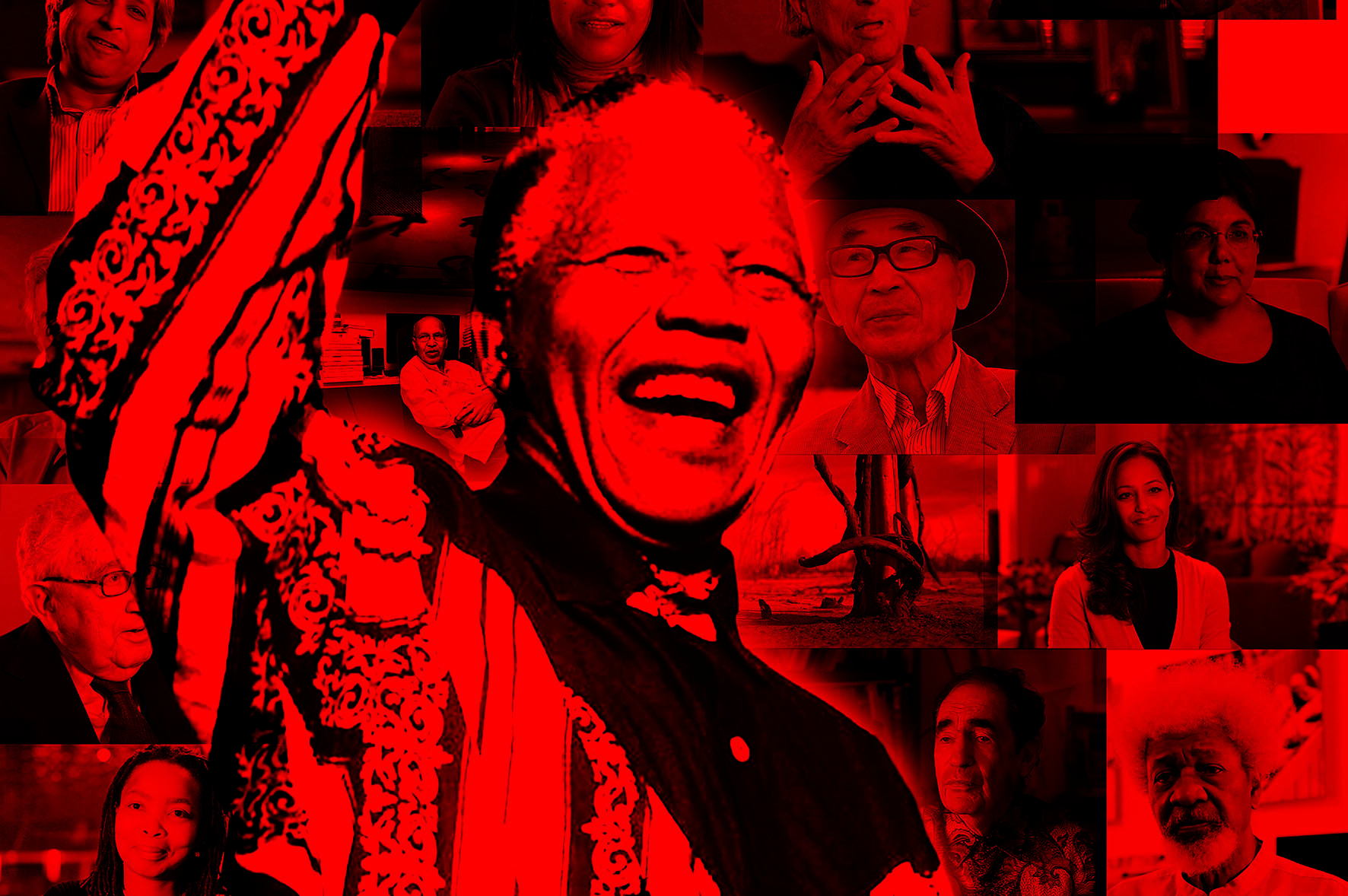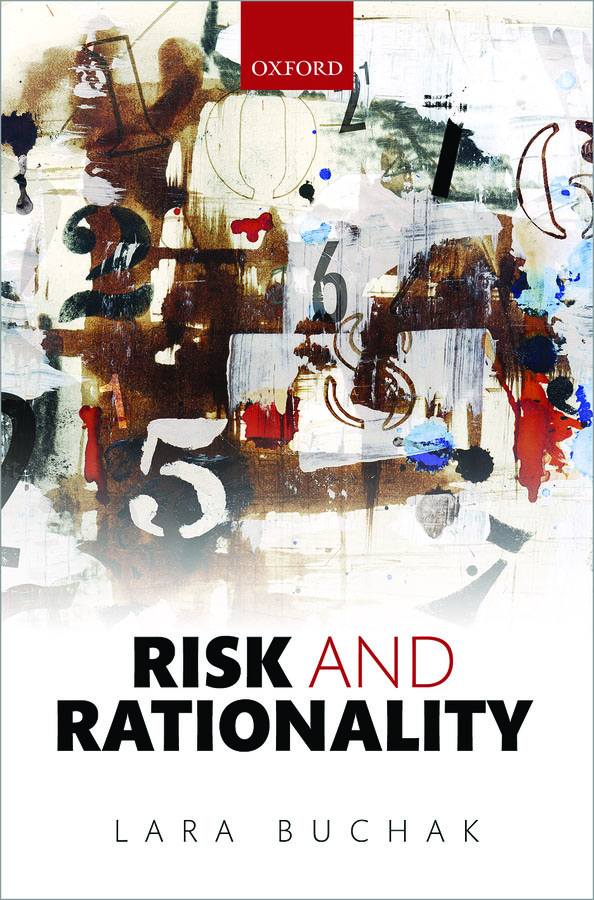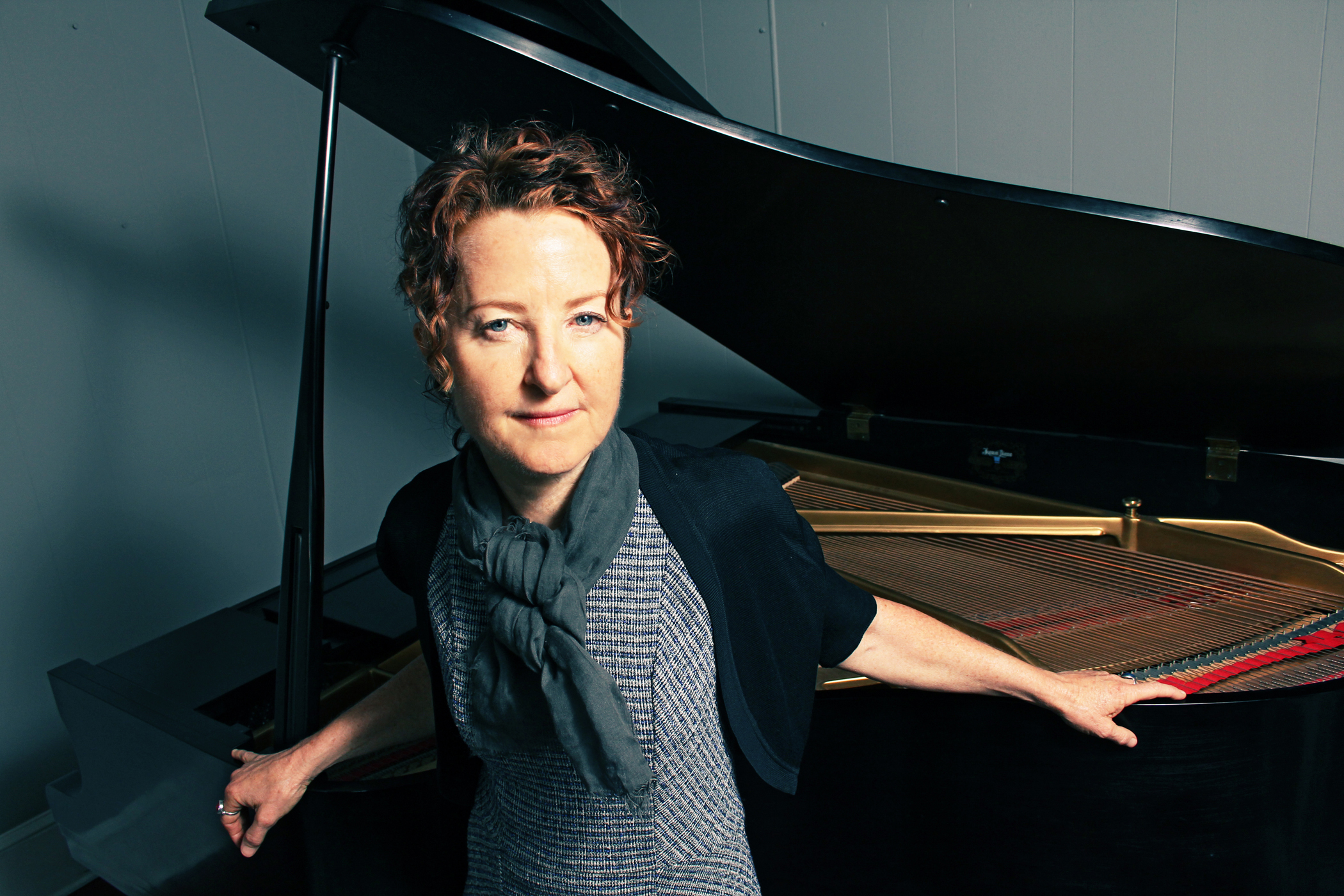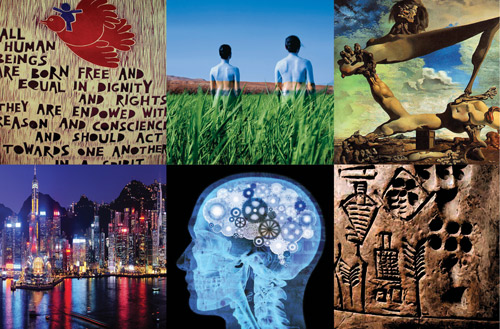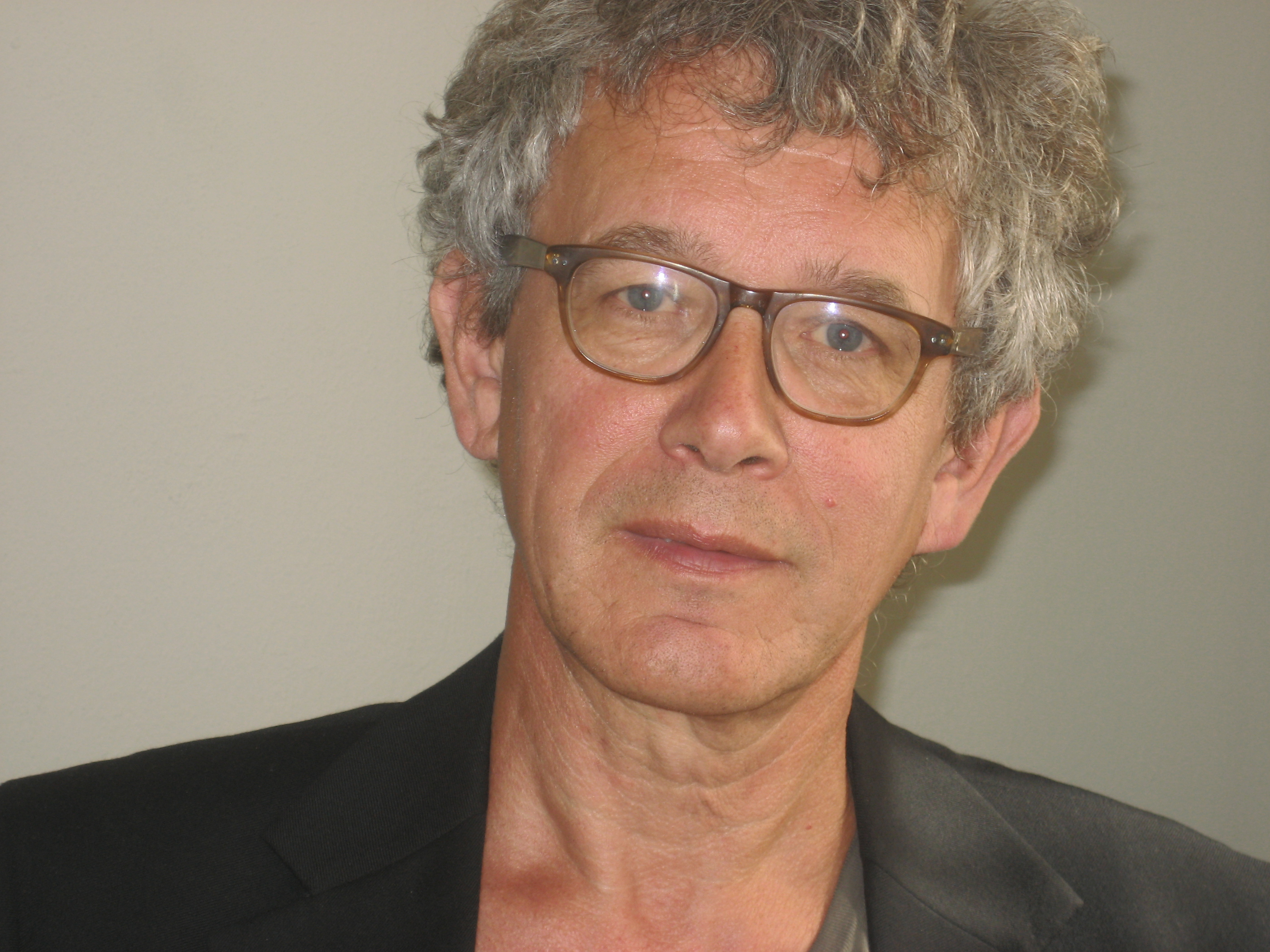Preserving Our Intellectual Legacies in the Digital Age
A conversation about overcoming legal, technical, and institutional obstacles to the preservation of scholarly intellectual legacies.
The second of two discussions presented in conjunction with the premiere of the opera Death with Interruptions.
This two-day symposium brings together international scholars to explore the history of concepts in the humanities and social sciences.
The first of two discussions presented in conjunction with the premiere of the opera Death with Interruptions.
South Africa After Mandela
This symposium features key voices from the generation of South Africans who have come of age in a post-apartheid world.
Professor of Philosophy Lara Buchak's book analyzes the principles governing rational decision-making in the face of risk.
Professor of Music Myra Melford’s interdisciplinary project, inspired by Eduardo Galeano's Memory of Fire trilogy, incorporates music, movement, video, and spoken text.
Alberto Manguel, Writer
Alberto Manguel is known both for his scholarly works, such as The Library at Night, and for his works of fiction, including the novel News for a Foreign Country Came. His lecture explores questions about the use of memory and the transmission of meaning raised by the work of Raimondo di Sangro on a curious system of communication employed by the Incas.
The Course Threads Symposium is a capstone forum for students who have completed all requirements of the Course Threads Program. Students will present on the topics they studied within their thread, discussing the ways in which interdisciplinary course work informed their knowledge of the topic.
Avenali Chair in the Humanities Eelco H. Runia is a historian, theorist, psychologist, and novelist. He is the author of the 2014 book Moved by the Past: Discontinuity and Historical Mutation. Runia is currently in the Department of History at the University of Groningen and chair of the Centre for Metahistory.
